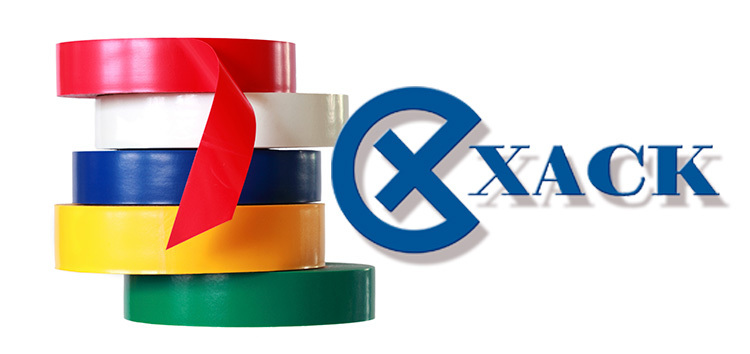Khask Group Packages Energy Savings and Environmental Benefits with FINTECC support

Increased resource and energy efficiency sets Ukrainian packaging producer on path to sustainable growth
A leading Ukrainian producer of adhesive tape and packaging materials is bundling lower operating costs with environmental benefits, thanks to new energy and resource efficiency measures supported by FINTECC.
The new measures include a state-of-the-art solvent recovery system, which recuperates evaporated solvents for reuse in manufacturing, regenerative thermal oxidizer, which allows recovering heat and reducing emissions, as well as an energy management system (EMS). Together, these systems are expected to significantly slash the company’s energy and raw materials costs, while saving up to 350,000 m3 of natural gas and up to 2,900 tonnes of CO2 per year.
The first company in Ukraine to receive FINTECC assistance, Khask will benefit from a US $440,000 grant to implement these systems. The grant was issued as part of a €1.4 million EBRD financing to improve energy and resource efficiency throughout the company’s operations.
According to Khask Financial Director Liudmyla Reutska, the FINTECC grant, as part of EBRD’s investment programme, is helping to advance the company’s goal of expanding both profitably and sustainably.
“These new technologies will allow us to increase profitability due to reduced energy costs and recuperation of part of the raw materials used in production,” she says.
“As we do the company’s business, however, we also see its strong connection with social and environmental aspects,” she adds, noting that air pollution, environmental degradation and related health issues are major problems in Ukraine, particularly in industrial areas.
“Therefore, it is necessary to adjust the production development model to the sustainable development requirements. By implementing these new technologies, the company is joining the global community in the minimisation of the carbon footprint.”
Increased profits
With technical assistance from FINTECC experts, Khask decided to install the innovative solvent recovery system in both of its factories. The technology works by absorbing evaporated solvent in the building’s ventilation systems and turning it back into liquid chemicals that can be reused in manufacturing. Recovering 95 to 98 per cent of used solvent, the system will achieve almost zero external emissions while meaningfully improving air quality inside the factories.
According to Khask Financial Director, the implementation of the solvent recuperation system will allow Khask to increase the profitability of products that contain natural rubber, such as duct tape and protective films, which will help the company compete with Chinese and European producers. With the launch of the solvent recovery system, expected in Q3 2018, Khask plans to increase production of these high-margin products and sell them to companies in Ukraine the EU, with an expected reduction of costs to purchase raw materials in amount of US $295,000 in 2018 and US $394,000 in 2019.
Meanwhile, she says, the FINTECC-funded EMS will allow the company to manage energy use and inputs in the production process, which will help the company substantially reduce its electricity costs. Once installed, the expected savings from this will be $75,000 in 2018 and $100,000 in 2019.
Setting an example
As the first company in the Ukraine to install these energy and resource efficiency systems, Liudmyla hopes Khask will set a positive example in a country that is grappling with soaring energy costs, rising unemployment, acute environmental problems and a legacy of energy and resource inefficiency.
“The main obstacle for the implementation of these technologies was the lack of financing, since local banks don’t really understand the feasibility of investments into environmental projects. Therefore, the EBRD’s approach sets an example for the introduction of such technology in Ukraine,” she said.
“Through this project we are creating jobs and we are increasing profits, but we are also modernising our processes and improving our environmental performance,” she says. “Because doing business in a modern way requires setting the right priorities — in which the interests of future generations should be as important as the interests of the current ones.”